Understanding Chillers and Their Significance in Industrial Applications
Chillers play a pivotal role in various industrial settings, serving as the backbone for temperature regulation. This equipment is essential for maintaining the necessary conditions in processes ranging from food preservation to complex manufacturing. A chiller's primary function is to remove heat from a liquid via a vapor-compression or absorption refrigeration cycle. This liquid can then be circulated through a heat exchanger to cool equipment or another process stream.
Types of Chillers and Their Applications
The diversity of chillers available caters to a broad spectrum of industrial needs. Water chillers are commonly used in HVAC applications and for cooling products, machinery, and factories. Air cooled chillers, which dissipate heat without water, are suitable for locations where water resources are limited. In contrast, water cooled chillers are typically more energy-efficient and are ideal for indoor applications where space is not a constraint. Specialized types, such as glycol chillers, are designed for applications requiring low-temperature process cooling.
Features and Advantages of Chiller Systems
A chiller system is engineered to provide a consistent flow of coolant to the designated processes. These systems are designed with efficiency in mind, ensuring that the heat exchange process minimizes energy consumption. The advantages of using chillers include improved production efficiency and the protection of machinery and products from the adverse effects of excessive heat. For instance, a water chiller for ice bath applications is crucial in settings like hydrotherapy, where precise temperature control is necessary for therapeutic benefits.
Selecting the Right Chiller for Your Needs
Choosing the appropriate chiller involves understanding the specific requirements of the process, such as the heat load and flow rate. Factors like the ambient temperature and the temperature differential required by the application are critical in determining the right chiller capacity. For applications demanding portability, a chiller portable ac unit can be an effective solution, offering the flexibility to move the cooling system as needed.
Innovations in Chiller Technology
Technological advancements have led to the development of sophisticated chillers like the absorption chiller, which operates on heat, making it a viable option for industries looking to utilize waste heat or renewable energy sources. The integration of chillers HVAC systems in commercial and industrial facilities has also been a game-changer, ensuring optimal indoor air quality and temperature control.
Environmental Impact and Energy Efficiency
Modern chillers, such as the air cooled condenser units, are designed with a focus on environmental impact, reducing water usage and promoting energy efficiency. This is not only beneficial for operational costs but also aligns with global efforts to reduce carbon footprints and promote sustainable industrial practices.
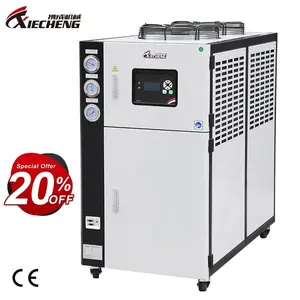












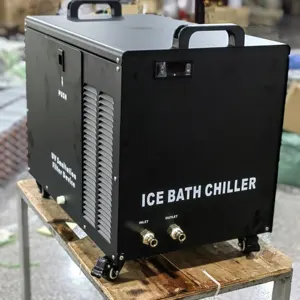
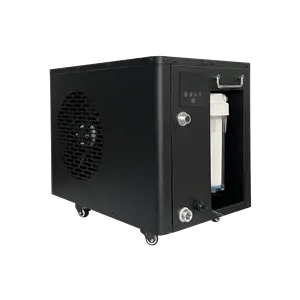


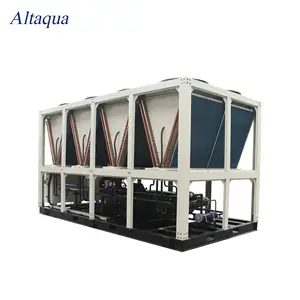
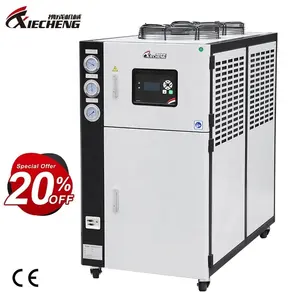



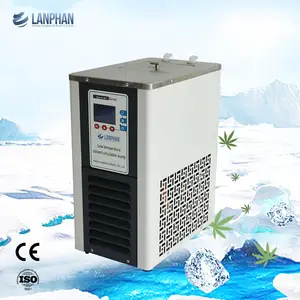
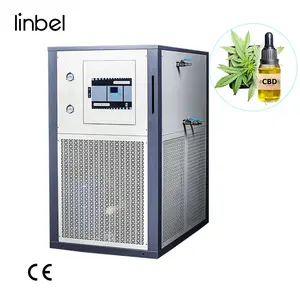



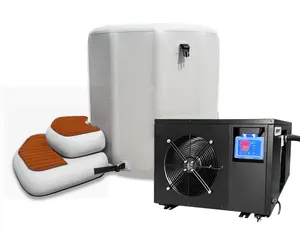



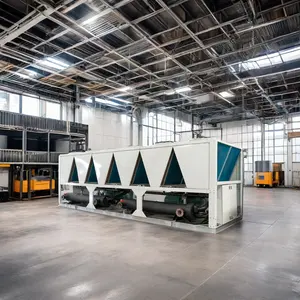




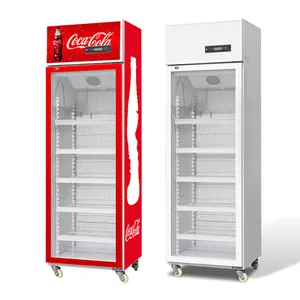

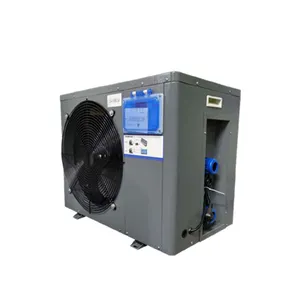







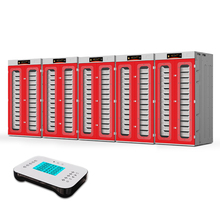
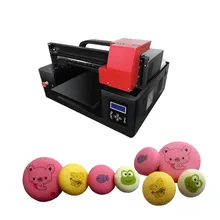




























 浙公网安备 33010002000092号
浙公网安备 33010002000092号 浙B2-20120091-4
浙B2-20120091-4